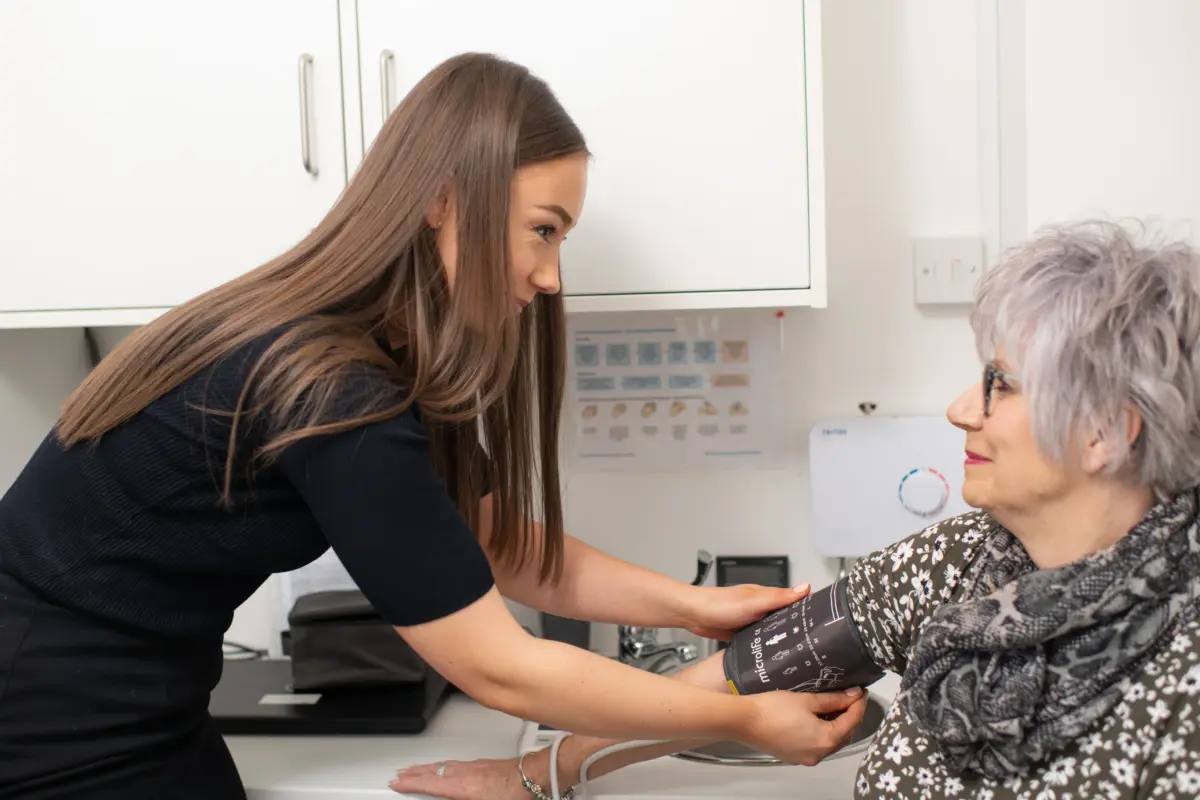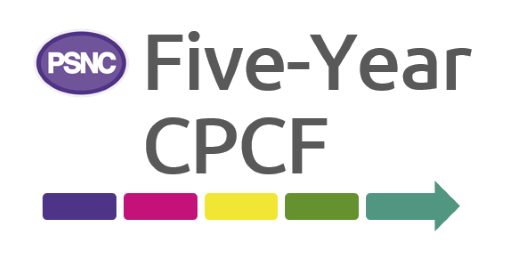NHSE&I confirm intention to delegate pharmacy commissioning to ICS
In a letter issued to the leads of Integrated Care Systems (ICS) this afternoon, NHS England and NHS Improvement (NHSE&I) have confirmed their plans to delegate the responsibility for the commissioning of primary care services, including pharmaceutical services, to ICS.
This means that, subject to the will of Parliament, the activities in relation to the Community Pharmacy Contractual Framework (CPCF) currently undertaken by NHSE&I regional teams will be transferred to ICS from April 2022. Not all ICS may take on that role in April next year, but they will all be expected to do so by 1st April 2023.
The negotiation of the CPCF will continue to be undertaken at a national level.
Commenting on the announcement, Simon Dukes, CEO, PSNC said:
“Integrated Care Systems are going to fast become a critical part of the local healthcare landscape for community pharmacy. While the Community Pharmacy Contractual Framework will continue to be negotiated and set nationally, these new systems will pick up the administration of this from NHSE&I locally, as well as overseeing local healthcare priorities.
“PSNC is working to try to make it easier for pharmacy to gain a foothold in these newly reformed systems: we are looking forward to engaging with NHSE&I on this topic, and in all discussions we will work to protect pharmacy contractors from any risks as best we can.
“Today’s letter is another timely reminder of the urgent need to reshape community pharmacy representative structures so that we have the most effective and agile leadership systems possible – the Review Steering Group (RSG) are continuing to move this work programme forwards and in line with feedback from contractors and LPCs are taking these new NHS structures into consideration.”
Background to the announcement
On 11th February 2021, the Government published a White Paper – Integration and Innovation: working together to improve health and social care for all – setting out proposals for primary legislation which would make changes to the structure of the NHS in England.
An associated NHSE&I document – Legislating for Integrated Care Systems: five recommendations to Government and Parliament – was published alongside the White Paper and on 16th June 2021, NHSE&I published the first version of its Integrated Care Systems: design framework.
These documents describe changes to the NHS which NHSE&I has been seeking for some time. You can read a summary of the key points of relevance to community pharmacy within the above documents within PSNC Briefing 019/21:
Today’s announcement follows the House of Commons’ recent vote to give the Health and Care Bill a Second Reading, with NHSE&I wishing to give ICS leaders a clear view on their preferred plan for primary care commissioning, should Parliament eventually approve the relevant provisions in the Bill.
Further information on the changes
NHSE&I have issued this letter to support the necessary local and national planning for the transition of primary care commissioning responsibilities from NHSE&I to ICS, should the eventual legislation enable that to happen.
In the letter, they explain:
Giving ICS responsibility for direct commissioning is a key enabler for integrating care and improving population health. It gives the flexibility to join up key pathways of care, leading to better outcomes and experiences for patients, and less bureaucracy and duplication for clinicians and other staff.
Subject to the will of Parliament, NHSE&I’s expectation is that from April 2022, Integrated Care Boards (ICB) – the new NHS body which will form part of each ICS – will:
- assume delegated responsibility for GP services;
- be able to take on delegated responsibility for dental, general ophthalmic services and pharmaceutical services (including dispensing doctors and dispensing appliance contractors); and
- establish mechanisms to strengthen joint working between NHSE&I and ICS, including through joint committees, across all areas of direct commissioning (in systems where they are not already delegated).
By April 2023, they expect that all ICBs will have taken on delegated responsibility for dental, general ophthalmic services and pharmaceutical services.
Over the coming months, NHSE&I plan to work to establish the following and communicate them to ICS leaders, patients, stakeholders and affected NHSE&I staff:
- A pre-delegation assessment process, to determine which ICBs will receive delegated responsibilities for dental, general ophthalmic services and pharmaceutical services in April 2022; and
- The full, detailed scope of what will be delegated and what will be retained nationally and regionally, and the conditions that will apply to the exercise of delegated functions.
Working with the leadership of each ICS, NHSE&I will determine by 14 October 2021 which ICBs will take on commissioning of dental, general ophthalmic services and pharmaceutical services in April 2022.







